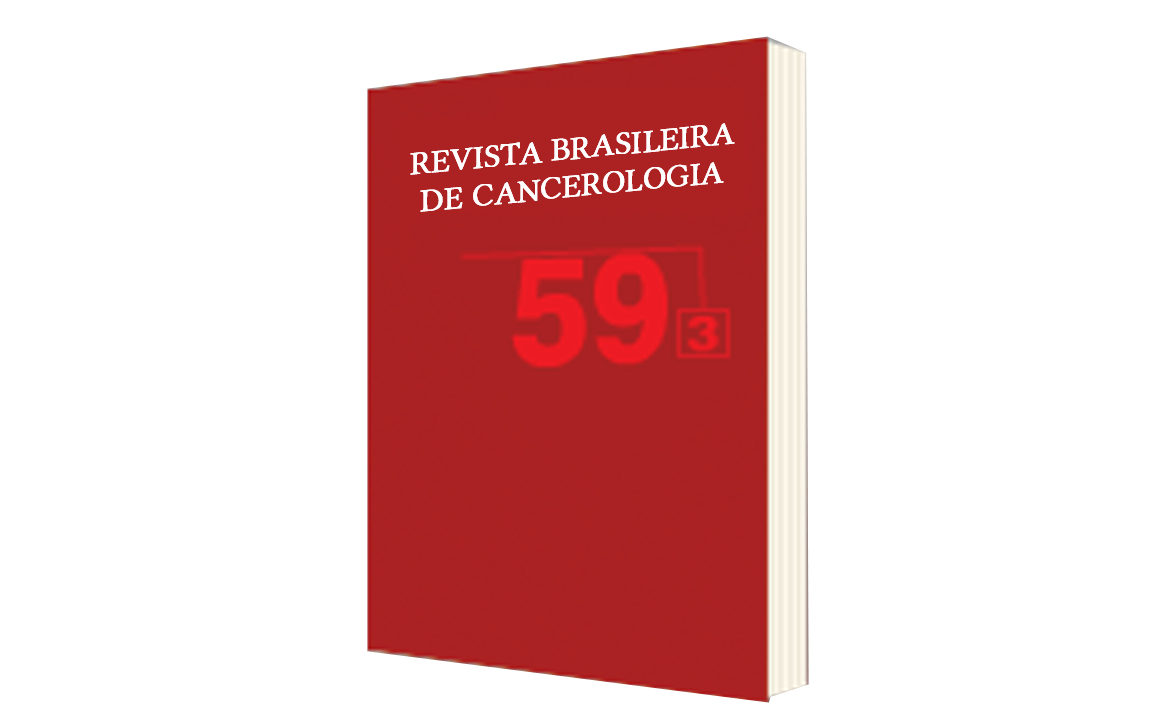Influence of Clinicopathological Variables on the Efficacy of Neoadjuvant Chemotherapy of Breast Cancer
DOI:
https://doi.org/10.32635/2176-9745.RBC.2013v59n3.502Keywords:
Breast Neoplasms-drug therapy, Breast Neoplasms-pathology, Neoadjuvant Therapy, Receptors, EstrogenAbstract
Introduction: Neoadjuvant chemotherapy for breast cancer aims to reduce the extent of the tumor and the surgical area, favoring breast conservation and patient survival after mastectomy. The degree of pathological response based on tumor size and the degree of residual lymph node after tumor resection has been proposed as a primary outcome of antineoplastic efficacy, and may help identifying individual causes of treatment failure. Objective: To evaluate the impact of clinicopathological factors on the degree of response to breast cancer neoadjuvant chemotherapy. Method: A cohort of women with unilateral non-metastatic breast cancer undergoing neoadjuvant chemotherapy with doxorubicin and docetaxel was analyzed in relation to the degree of pathological response. Results: 227 patients had conclusive clinical outcome after neoadjuvant chemotherapy, 4.8% presented complete pathological response (absence of remaining tumor in the breast and axillary lymph nodes), whereas 5.7% had disease progression. The following individual characteristics were significantly associated with increased risk of treatment failure: positive lymph node status (OR=15.25, 95% CI= 2.11-110, 01) and estrogen receptor positive tumor (OR=14.62, 95% CI=3.05-70.01%). As a consequence, there was better therapeutic response for patients whose tumors were classified as HER2-like (OR=0.04, 95% CI=0.00-0.40) or triple negative (OR=0.08, 95% CI=0.00-0.60), in comparison to patients with tumors classified as luminal A. Conclusion: The tumor response to neoadjuvant chemotherapy was not affected by systemic comorbidities, but it is influenced by the expression of estrogen receptors.









